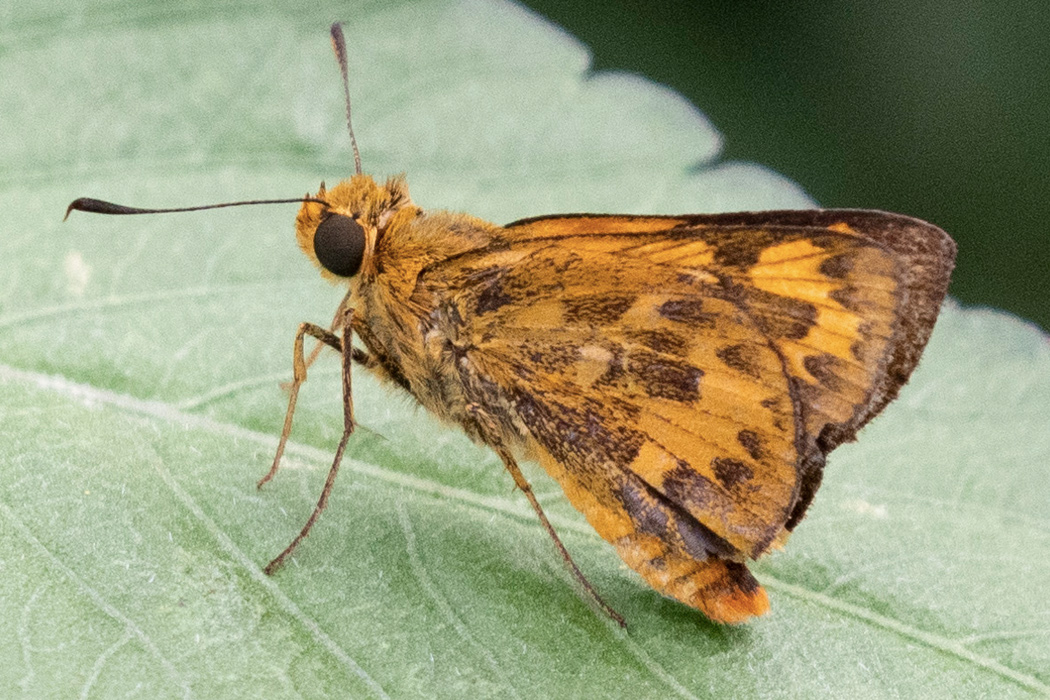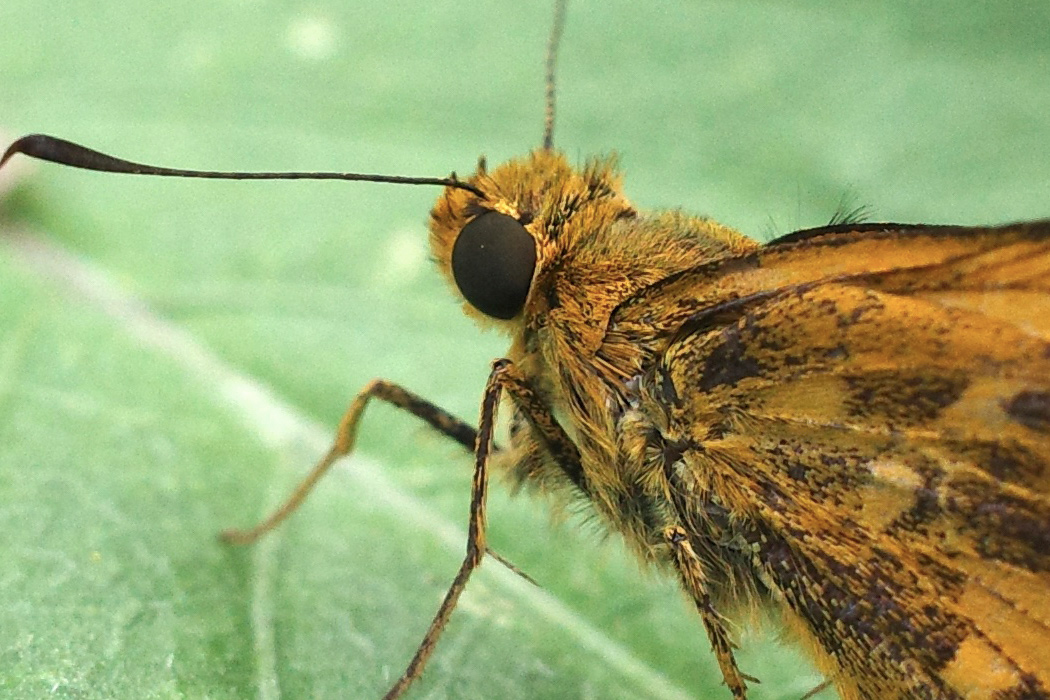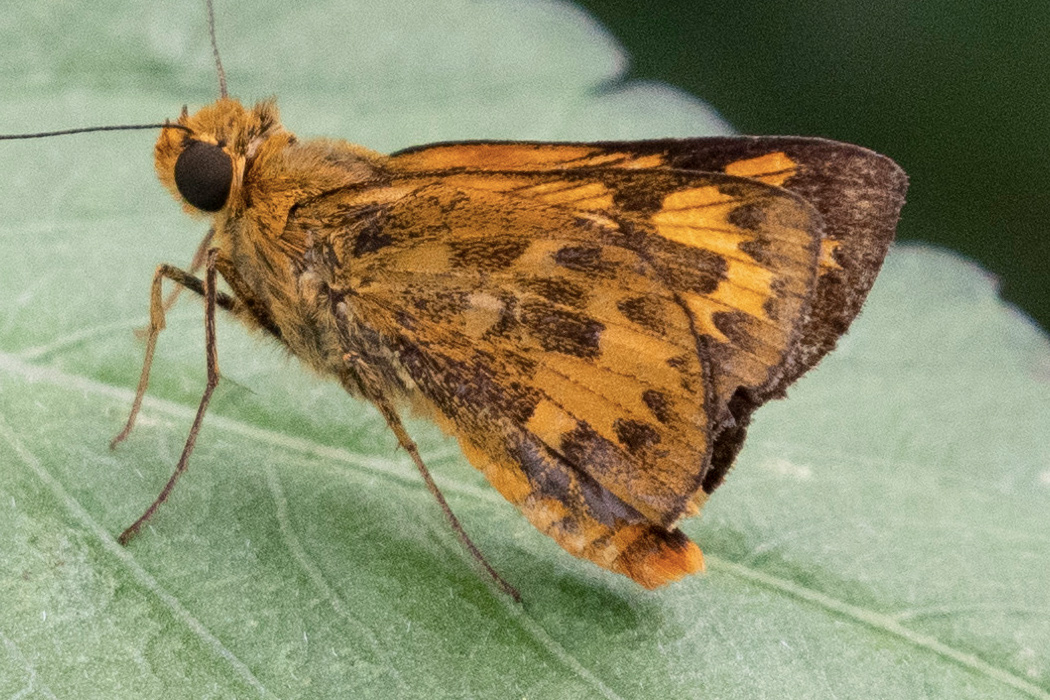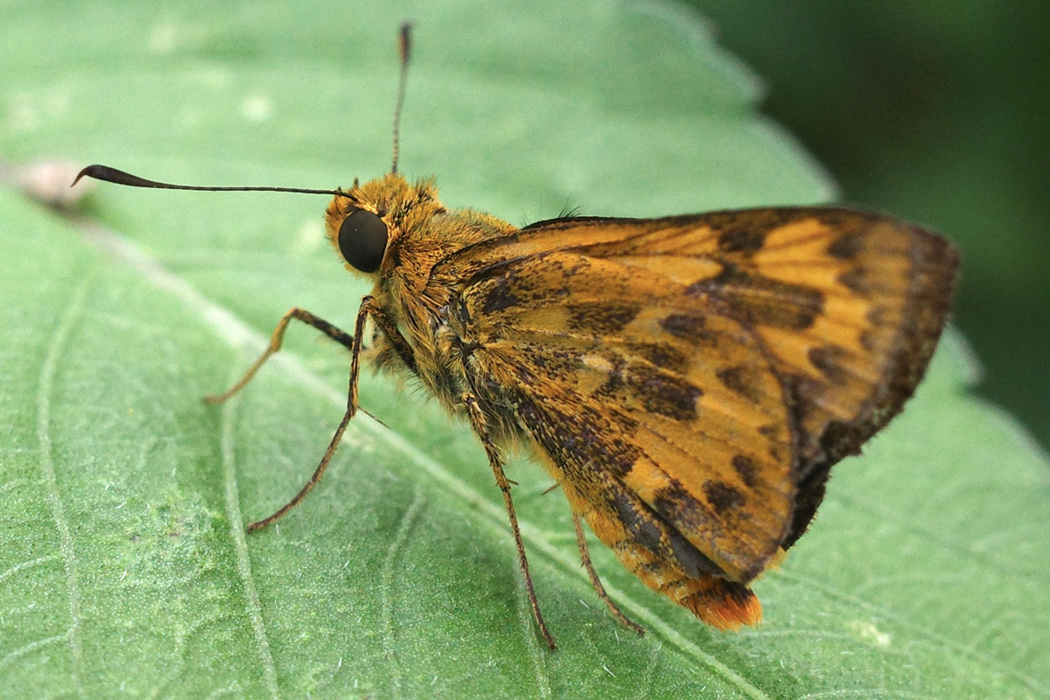
The Japanese Dart
dark yellow with brown mottling.
| Scientific name | Potanthus flavus |
| English name | The Japanese Dart |
| Japanese name | 黄斑挵 |
| Classification | Insecta |
| Classification details | Lepidoptera Hesperiidae |
| Full length | 13-17cm |
| Distribution | Distributed in eastern Eurasia. South of Hokkaido in Japan. |
Characteristics
Hensericho has yellow and brown spots on the underside of its wings that are close to orange. It has a slightly flashy appearance among the Hesericho that can be seen around us. The wing surfaces are alternately brown and orange in a wave-like pattern. The compound eyes are brown and large.
Its flight is as agile and straight as other hensericho.
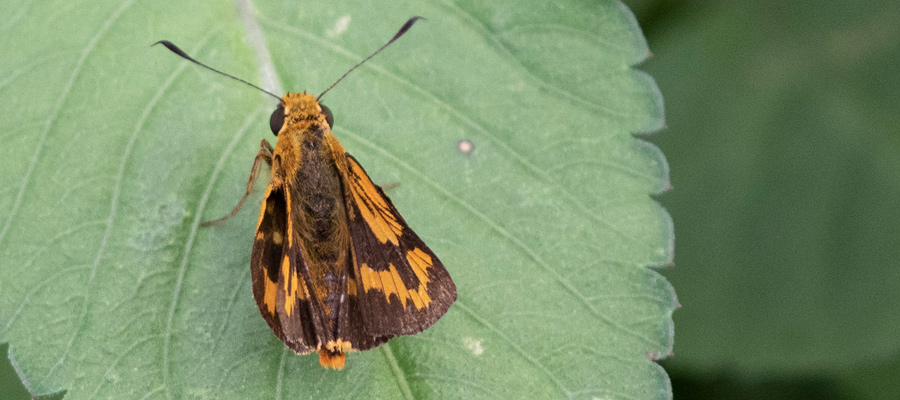
Ecology
Found in grasslands and riverbeds. It sucks nectar from flowers and rests on leaves. Larvae feed on grasses. It emerges several times from around June to early autumn, and spends the winter as larvae.
Habitat
When I was walking along the riverbed in Asakawa, Hachioji City, I saw a sericho that stood out on the leaves. There are many plants of the gramineous family, including Japanese pampas grass, on the riverbed, and you can often see the Hesericho family. I didn't run away even if I took a lot of close-up shots. The hair growing on the chest gives the impression of an animal with fur.
Pictures
Introducing a picture of The Japanese Dart.
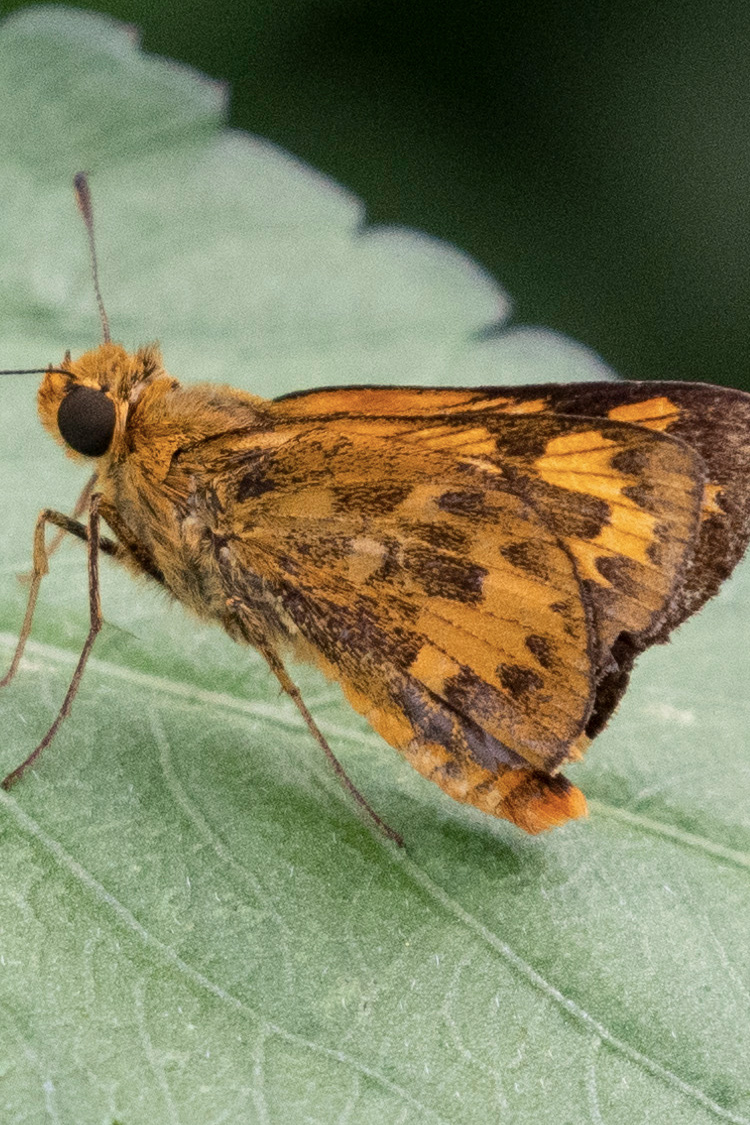
Picture book

---
running brown band.......ead more.
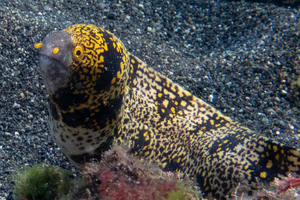
Starry moray
A protruding yellow nasal tube.......ead more.
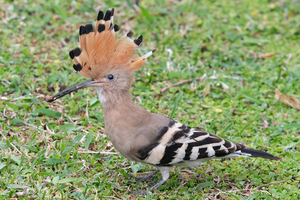
Eurasian Hoopoe
Derived from the fact that the spread crest feathers look like eight heads.......ead more.

---
Silver yanma with black streaks on the chest......ead more.
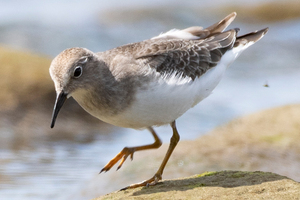
Temminick's Stint
A timber finch with yellow-green legs.......ead more.
